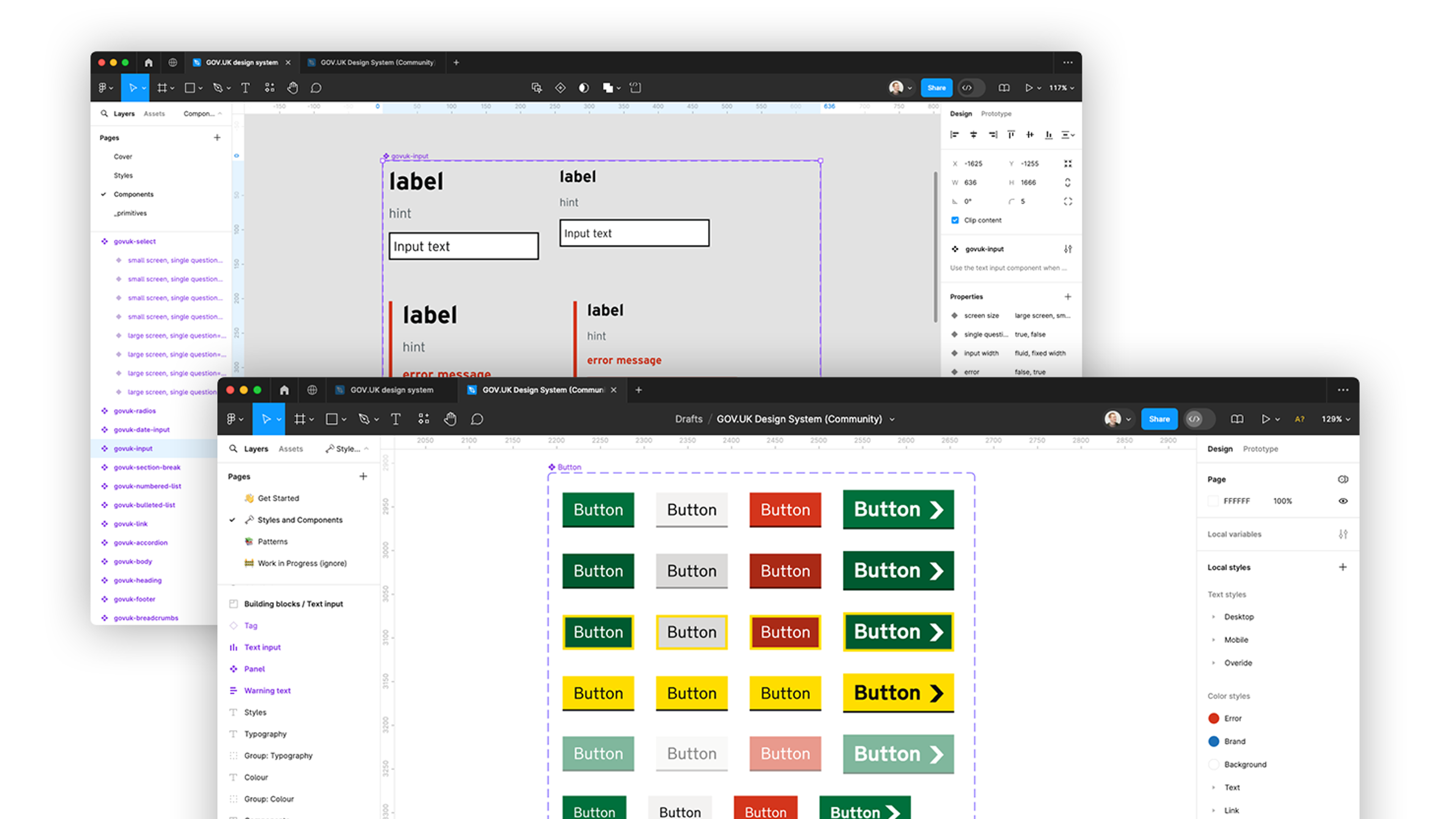Why saying what you really mean, means business

As a nation, we Brits are infamous for burying the true point of our communication between lines of courtesy and unrelated chat.
It can often take a couple of exchanges to get down to the crux of the matter, which even when revealed may still be obscured by mitigated speech.
No prizes for guessing which of the following results in an actual meeting in the diary:
- We should meet up, let me know what works for you (mitigated)
- Can you meet at 10am next Tuesday? (unmitigated)
Mitigated language isn’t a bad thing per se. It plays an important role as a social lubricant and shows deference and respect. But it can also send the wrong message. In his 2008 book, Outliers, Malcolm Gladwell writes about its most devastating consequences in his chapter ‘The Ethnic Theory of Plane Crashes.’
In an office context the results are likely to be less catastrophic, but attempts to decode communication can often cause frustration on both sides.
Consider the following examples:
- Send me the proposal on Monday
- It would be good if you could get the proposal to me on Monday
Although both really mean: ‘Send me the proposal on Monday, the second example leaves room for another interpretation - ‘So...they won’t mind if I get the proposal to them on Tuesday then...’
Oh but they will.
In the film Moneyball, legendary Baseball player/manager Billy Beane found that his players responded in the way he wanted them to if he used direct language. He reasoned:
‘Would you rather have a bullet to the head, or five to the chest and bleed to death?’
Like Billy Beane, Sheldon from the Big Bang Theory is a master of delivering unvarnished truths without much concern for how the message lands:
‘I never said you are not good at what you do. It’s just that what you do isn't worth doing.’
It’s a well-worn stereotype that maths and engineering types (even the British ones) are more comfortable than most when it comes to giving and receiving feedback.
But if there’s one mitigating little word we project managers love to drop into a request that’s guaranteed to raise a developer’s hackles, it’s ‘just’.
Aka the J-Bomb.
'Just' mitigates speech in the subtlest of ways. ‘Can you just...’ is such a common phrase it escapes notice most of the time and this is precisely what makes it so deadly.
Just underplays the importance someone is placing on the thing they are requesting and assumes (often disingenuously) that it’s an easy thing to do for the person it’s being asked of.
It’s especially something to be mindful of when there are junior or new members on the team who may not be as familiar with a codebase or process.
Common hackle-raisers include:
- Can you just make it faster/cleaner/more intuitive?
- Can you just have a quick look at [insert massive piece of work here]?
Just is even more apologetic when used as a sentence opener:
- Just wondering if….
- Just checking in to see…
Honestly, there's no need to be sorry for just doing your job.
It is possible to ask for something clearly without causing Sheldon levels of offence or dropping in a ‘just’ in an attempt to soften the blow. And while choosing your words carefully might require a bit more thought, it'll probably save you time in the long run.
Now, when’s that meeting again..?
Want more tips on digital product development from people at the cutting edge? Follow Fluent on LinkedIn and keep learning
Ready to solve your problems?
We'll help meet the challenges facing your growing business. Get in touch and tell us what you need, the team can't wait to hear from you.
Contact us
![2295X1200 Social Media [ All ] 01](https://fluent-umbraco-hwduaufvc9h8gbad.uksouth-01.azurewebsites.net/media/scujluzj/2295x1200-social-media-all-01.jpg?width=3840&height=2160&quality=70&format=Webp)

